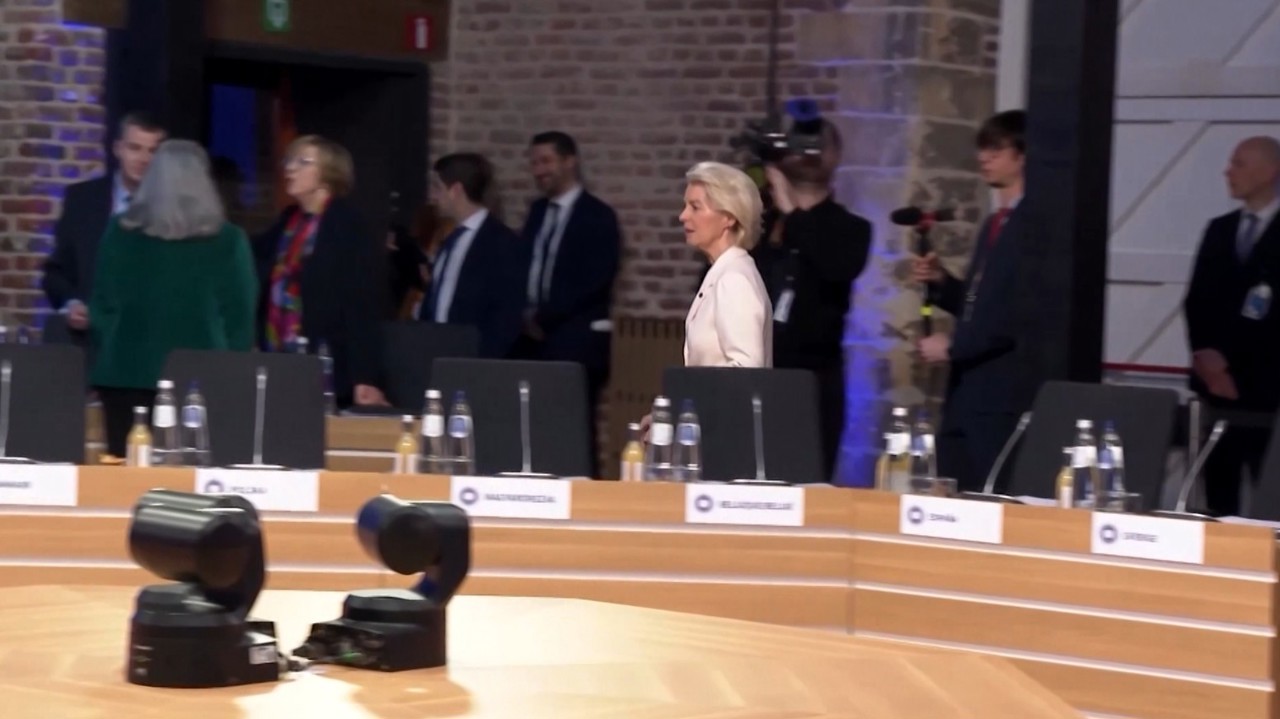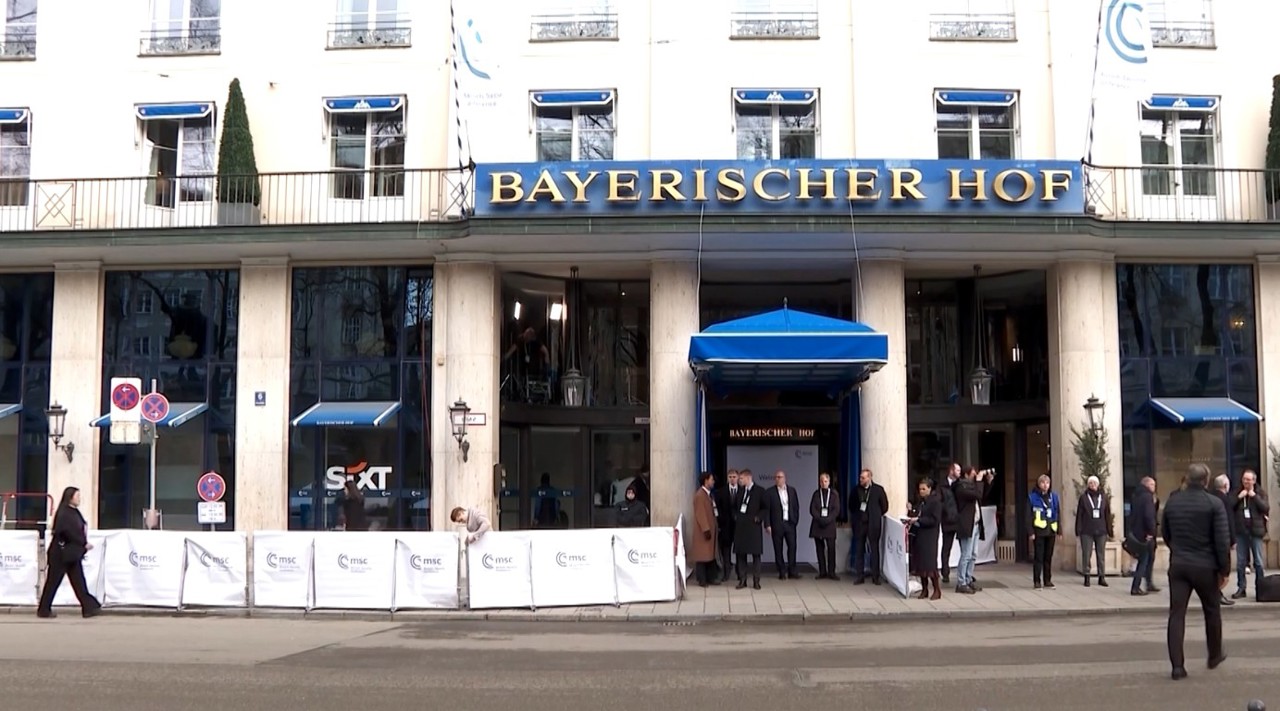Russian gas cuts threaten Moldova's energy security
Gazprom faces no obstacles to continuing gas supplies through the Turkish Stream pipeline and the Trans-Balkan pipeline.

However, the company's decision not to reserve capacity on this southern route indicates a deliberate strategy to use gas as a political tool. By withholding supplies, Russia aims to blackmail Moldova and create an artificial energy crisis.
The situation is particularly dire for Moldova, which relies heavily on electricity imported from the Cuciurgan power plant, controlled by the separatist regime in Transnistria. Russia's war against Ukraine has disrupted power supplies from Ukraine, forcing Moldova to seek alternative sources, primarily from Romania. This comes at a higher cost and puts additional strain on the country's energy infrastructure.
To mitigate the risks, Moldova has declared a state of emergency in the Transnistria region. This allows authorities to take immediate measures to secure energy supplies, including potentially purchasing gas on the spot market to fuel the Cuciurgan power plant. However, this is a costly and uncertain solution.
If Russia cuts off gas supplies entirely, the consequences could be catastrophic. The Cuciurgan power plant, which relies on both gas and coal, would be forced to shut down, leaving millions of people without electricity and heat in the middle of winter. This could trigger a humanitarian crisis.
To reduce its reliance on Russian gas, Moldova needs to diversify its energy sources and strengthen its energy infrastructure. This will require significant investment and international cooperation. In the meantime, the country must navigate a complex and dangerous geopolitical landscape while protecting its citizens from the harsh realities of an energy crisis.
Translation by Iurie Tataru




